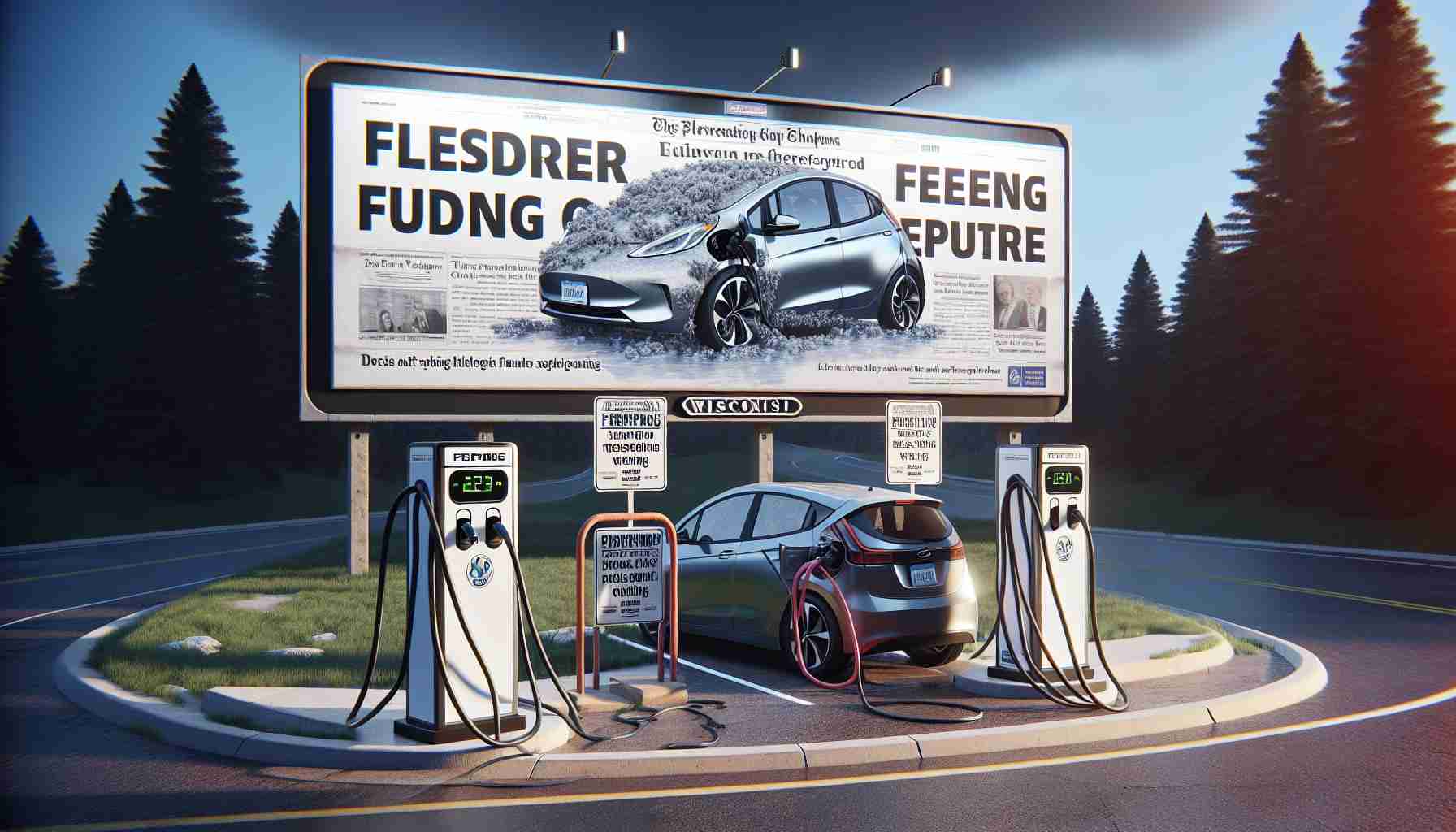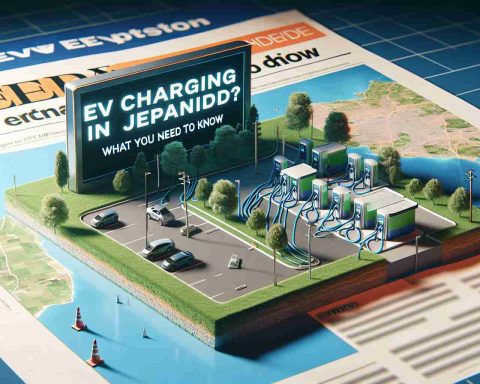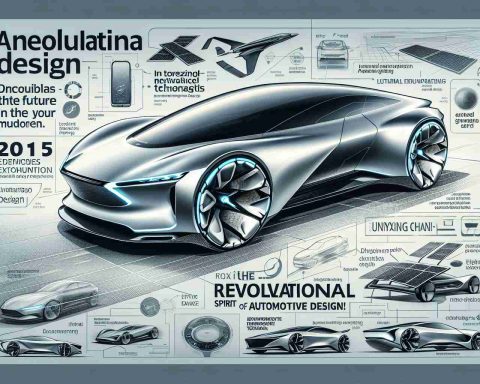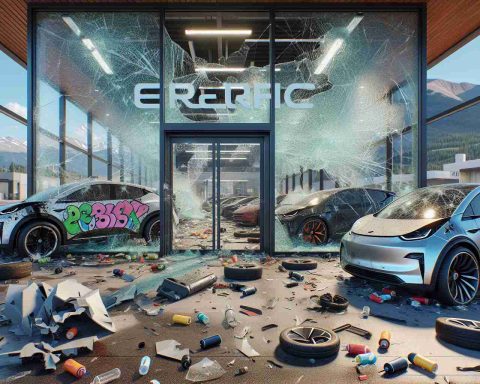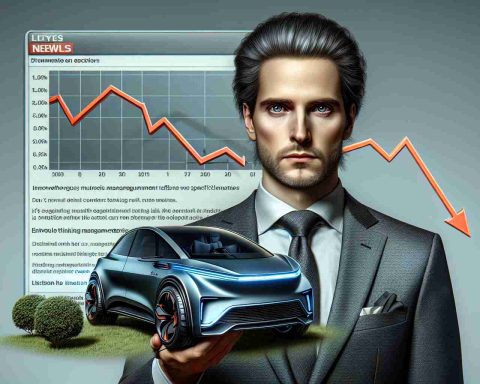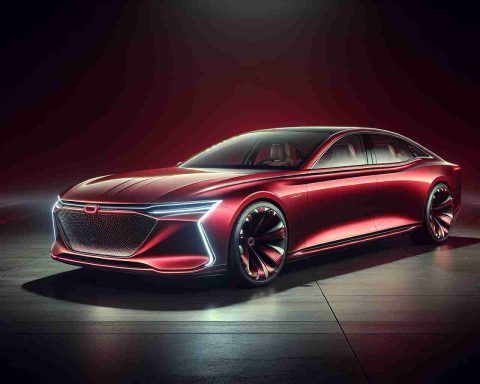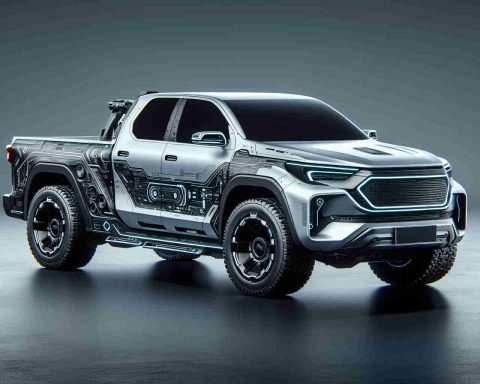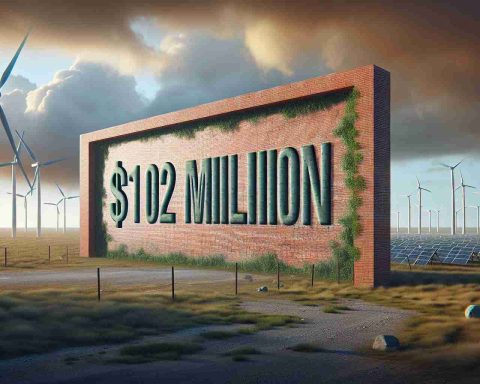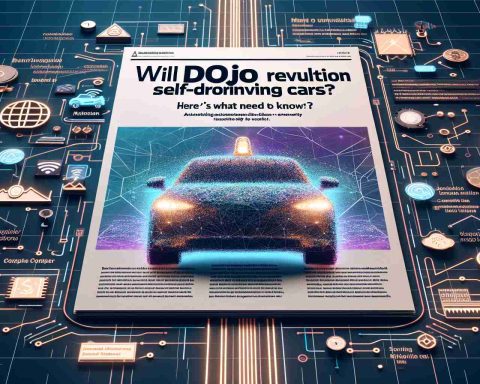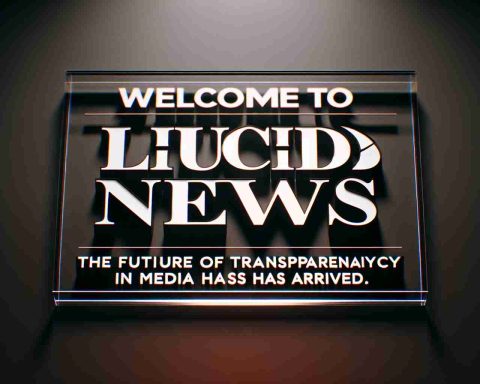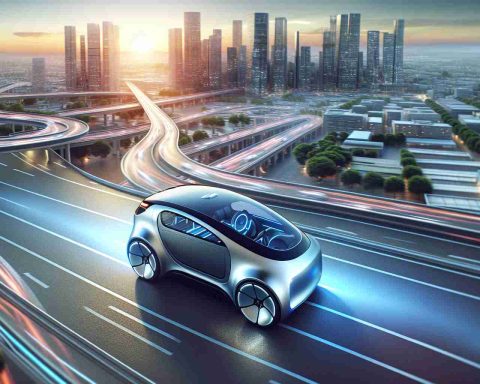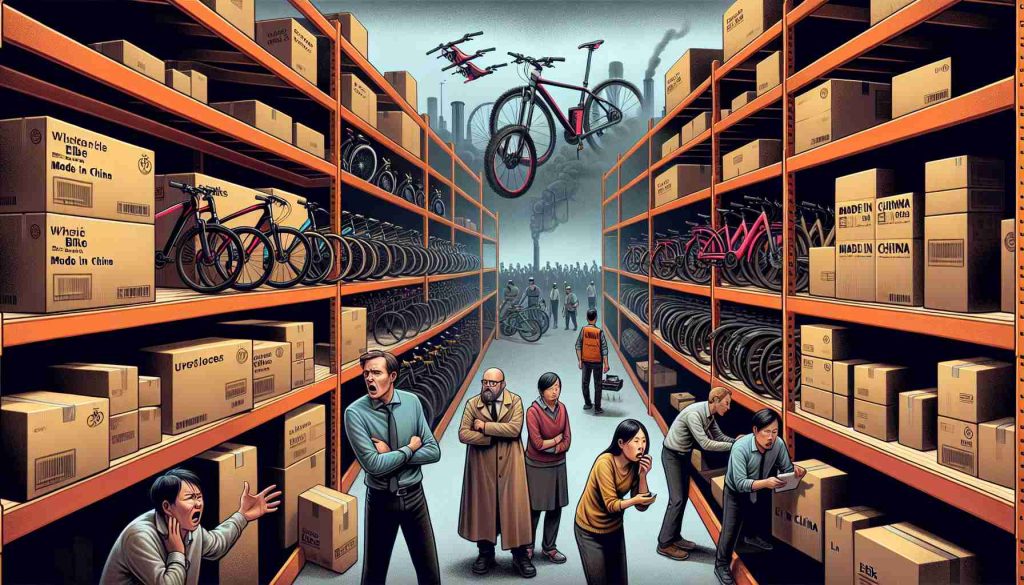- Wisconsin’s expansion of electric vehicle charging stations faces a funding freeze from federal officials.
- Approximately $7 million for 15 projects is at risk as state leaders await new guidance from the Department of Transportation.
- Governor Tony Evers criticized the funding halt as detrimental to the state’s workforce and economic plans.
- Recent plans included over 50 charging stations in Milwaukee and Kwik Trip’s goal of 24 new stations by 2025.
- Kwik Trip is seeking clarity on how the funding freeze will affect its planned installations.
- The situation raises concerns about the viability of Wisconsin’s commitment to supporting electric vehicle infrastructure amidst growing demand.
Wisconsin’s ambitious plans to expand its network of electric vehicle charging stations have suddenly hit a major snag. Federal transportation officials have announced a freeze on funding for the National Electric Vehicle Infrastructure program, halting critical financial support that had promised to drive progress across the state.
This unexpected halt puts approximately $7 million in funding for 15 projects at risk, as officials await new guidance from the Department of Transportation later this spring. The news has sparked outrage from state leaders, including Democratic Governor Tony Evers, who described the decision as “foolish” and a threat to the livelihoods of Wisconsinites.
Just two weeks ago, both the City of Milwaukee and the popular Kwik Trip convenience stores were gearing up to install more than 50 charging stations, backed by a substantial federal grant. Milwaukee had secured $15 million to kickstart its ambitious charging station rollout, while Kwik Trip planned to set up stations at 24 locations by the end of 2025.
Now, uncertainty looms. Kwik Trip is actively seeking clarity on how the funding freeze could impact its plans. Officials are still weighing the potential fallout, as they explore whether they can proceed without federal support.
The key takeaway? As the push for electric vehicles gains momentum, the future of charging infrastructure in Wisconsin hangs in a delicate balance, leaving many community leaders and residents anxious about the road ahead. Will plans for a greener future be derailed, or can solutions be found? Only time will tell.
Funding Freeze Puts Wisconsin’s Electric Vehicle Charging Expansion on Hold
Wisconsin EV Charging Station Update
Wisconsin’s initiative to expand electric vehicle (EV) charging stations is facing significant challenges following a federal funding freeze. This unexpected halt threatens approximately $7 million allocated for 15 projects, as state officials await new guidelines from the Department of Transportation in the forthcoming spring.
# Current Situation
The recent decision has elicited strong reactions from state leaders, including Democratic Governor Tony Evers, who criticized the freeze as “foolish” and detrimental to Wisconsin’s economic prospects. Just weeks prior to this announcement, the City of Milwaukee had secured an impressive $15 million funding boost to initiate its own extensive charging station rollout, with plans to install more than 50 charging stations. Additionally, the popular Kwik Trip convenience chains aimed to establish charging units across 24 locations by 2025.
# Impact on Electric Vehicle Infrastructure
The funding freeze introduces uncertainty not just for charging projects but also for the state’s broader EV goals. Kwik Trip is currently assessing the potential impact on its plans and exploring alternative options should federal support remain elusive.
Key Features and Prospects
1. Locate Charging Stations: The planned charging infrastructures are set to enhance accessibility for EV users, allowing easier travel across the state.
2. Economic Investment: The investments in charging stations were also aimed at spurring job creation and boosting local economies around new installations.
3. Environmental Goals: Expanding EV infrastructure supports Wisconsin’s commitment to sustainability and reducing carbon emissions from transportation.
Market Insights
– Trends: The trend of increasing electric vehicle adoption is mirrored by a surge in demand for charging stations nationwide, with Wisconsin being a vital part of this growth.
– Predictions: As governments worldwide push for greener transportation, states like Wisconsin could face lasting repercussions if infrastructure development stalls due to funding issues.
Common Questions Answered
1. What specific projects are affected by the funding freeze?
The funding freeze impacts 15 EV charging station projects in Wisconsin, which were part of a larger initiative aiming to expand charging infrastructure across the state.
2. How will this affect electric vehicle adoption in Wisconsin?
The delay in funding may slow down the rollout of necessary charging stations, potentially deterring consumers from adopting electric vehicles due to concerns about charging accessibility.
3. What alternatives exist for funding moving forward?
State officials may need to explore private partnerships, state budget allocations, or other federal programs to cover the financial gap left by the funding freeze.
For more information on the developments regarding electric vehicle infrastructure in the U.S., visit energy.gov and transportation.gov.
